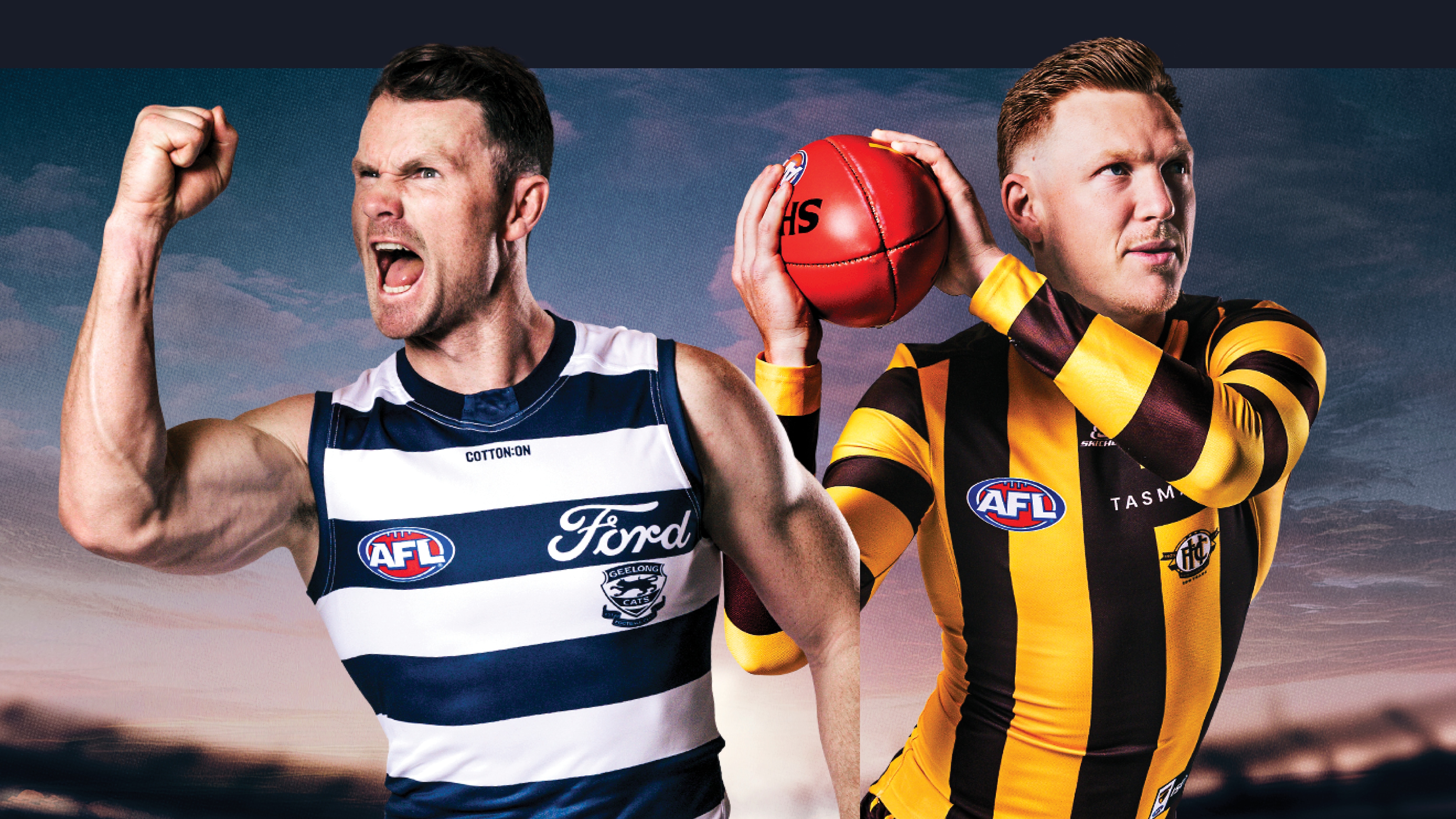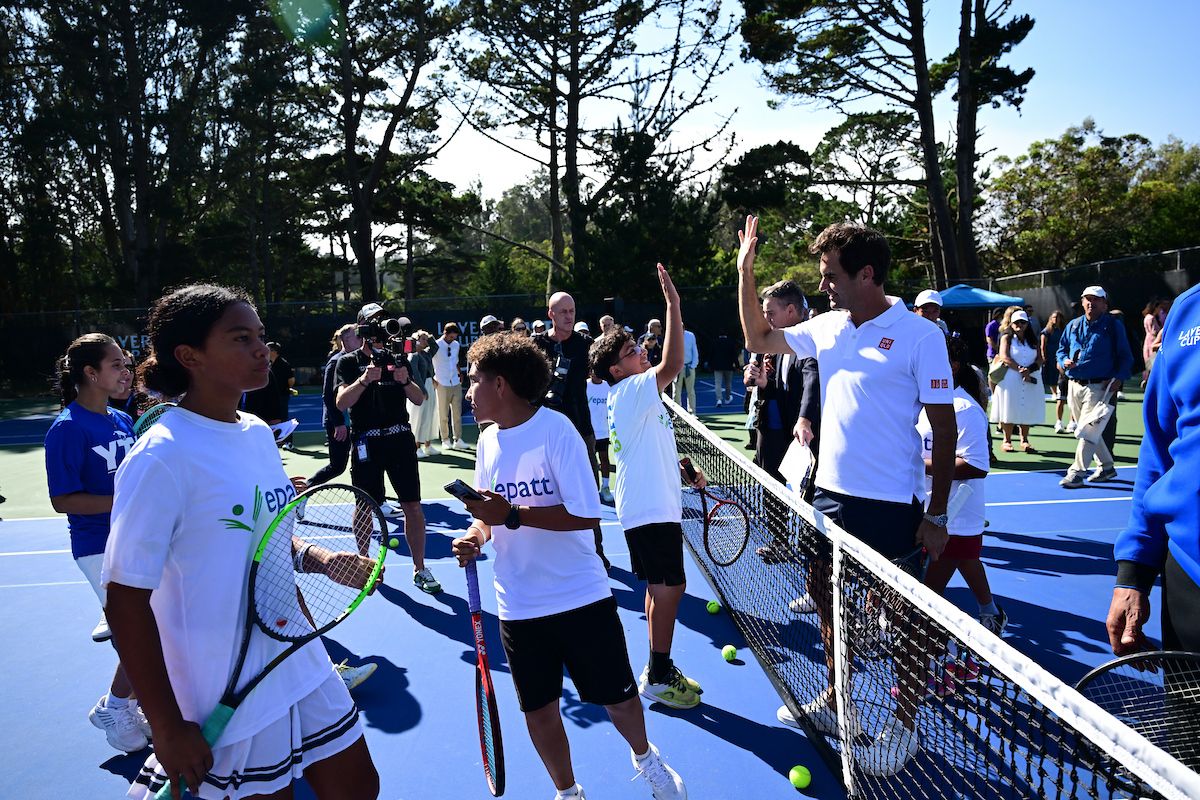Sydney Roosters, Brisbane Broncos NRLW favourites, Andrew Abdo banking on finals surprise
NRL boss Andrew Abdo says it is too early to say whether the NRLW has become too lopsided despite the newly expanded competition entering finals with two overwhelming frontrunners.Brisbane veteran Ali Brigginshaw suggested increasing squad sizes as a way to keep all 12 teams competitive throughout the season on the eve of a finals series where her Broncos and the Sydney Roosters have already been pencilled in on grand final day.The competition's glamour sides finished well clear of the other four sides in the finals — Newcastle, North Queensland, Cronulla and Gold Coast — after the first regular season since the expansion from 10 to 12 teams.The Roosters enter the finals undefeated on a 17-game winning streak dating back to August 2024 and handed the Broncos their only loss in a 30-26 nail-biter in round three.Both teams are one win away from facing off in a grand final for the third time after earning a first-week bye into the preliminary finals in the league's first six-team, three-week finals series.The Tricolours are stacked with representative talent, although they will be without Maroons and Jillaroos half Tarryn Aiken for the finals, and the already elite Broncos this season welcomed star fullback Tamika Upton, who immediately topped the try-scoring with 18 in 11 games.The third-placed Knights are still rank $26 outsiders with most bookmakers, and there have been reports this season that NSW halfback and Newcastle native Jesse Southwell has her eyes set on a move to Brisbane.But NRL chief executive Abdo declared it was too early to make the call about whether the competition had become too top-heavy after the addition of the Bulldogs and Warriors this year."In any given year, you're going to have some teams that are at the top of the ladder, some teams that are at the bottom of the ladder," he said at the NRLW finals launch."Now we've got a finals series and let's see what happens."I think it's too early to talk about the balance of the competition because this competition is quite dynamic, continues to grow and evolve, and the quality of football and footballers is increasing."Only three teams — Brisbane (2018–20), Sydney (2021, 2024) and Newcastle (2022–23) — have won the NRLW premiership since the league's first season in 2018.And while the men's league has similarly only had three premiers since 2017 — Storm (2017, 2020), Roosters (2018-19), Panthers (2021-24) — statistics show the gap between the bottom and top sides in the NRLW has widened this year.The Broncos, the league's best attacking team, scored more than four times as many points as back-to-back wooden spooners Wests Tigers (404–100).Last year, the best attacking side was a little more than 2.5 times better than the worst by points scored across the regular season — 272 to Brisbane and 108 to the Tigers.The average winning margin of games has also increased by almost a try, up from 14.2 points last regular season to 18 in 2025.The NRL has previously been praised for its slow-burn approach to expansion, with the league slowly growing from four teams in 2018, to six in 2021, to 10 in 2023, before moving to the current 12-team format this year.There is no timeline yet for reaching parity with the men's competition, as the league prioritises ensuring there is a big enough talent pool to fill each side.NRLW foundation player Brigginshaw has been pleased with the expansion to 12 teams, but has said the size of squads also needs to grow.While the men's competition features squads of 30 players plus at least six development players, NRLW squads have 24, plus up to four development players.That has left teams vulnerable when injuries take a toll in the longest season yet.Gold Coast, for example, needed to fish four uncontracted players out of reserve grade this season to make up the numbers amid an injury crisis."The 12 teams have been quite strong, I know we've seen some scores blow out but I do think that's to do with the squad numbers," Brigginshaw said."I definitely think we could extend those squads to 30, I know personally we do an opposed game [at training] and you don't have enough people to play against."I just think that will bring the standard up for each team, if we can have squads of 30, just to make sure that we're really working on upskilling everyone."











